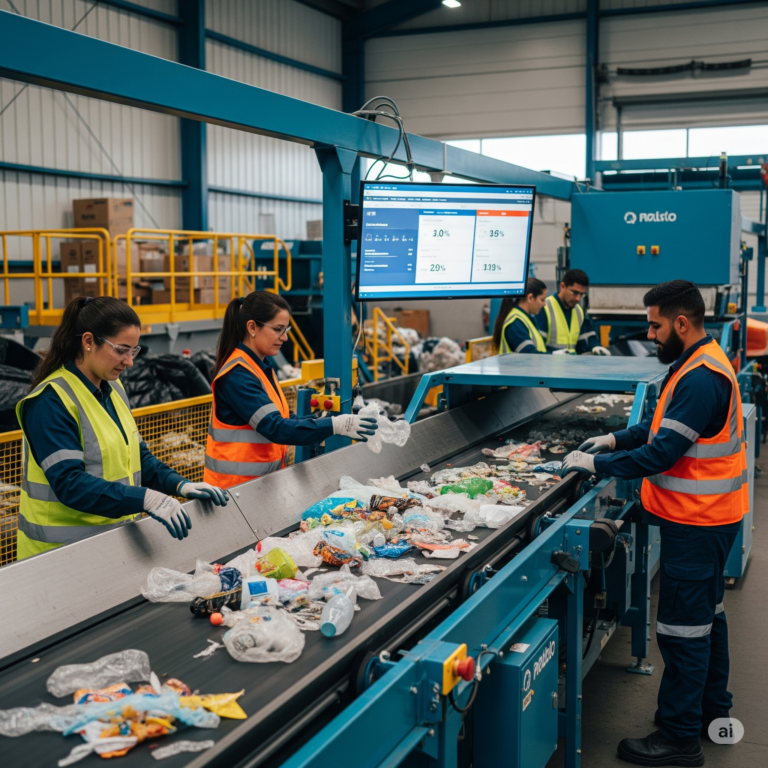What is C Programming and Why is it Still Relevant? A Deep Dive into a Timeless Language
In the fast-evolving world of software development, new programming languages seem to emerge almost every year. Python, JavaScript, Rust, and Go are some of the popular choices among modern developers. Amidst this wave of innovation, a question arises: What is C Programming and Why is it Still Relevant? Surprisingly, this decades-old language not only endures but thrives, serving as the foundation for numerous technologies.
Understanding the Basics: What is C Programming?
C programming is a general-purpose, procedural programming language developed in the early 1970s by Dennis Ritchie at Bell Labs. It was initially created to develop the Unix operating system and has since become one of the most widely used languages in computer science.
Key Features of C:
- Low-level access to memory
- A simple set of keywords
- Efficient performance
- Structured programming support
C allows direct manipulation of hardware via pointers, which makes it an ideal language for system programming and embedded system development.
The Historical Importance of C
C played a pivotal role in the development of early software and operating systems. It influenced many modern languages including C++, Java, and C#. The portability of C made it particularly appealing for writing operating systems, drivers, and embedded applications.
Why is C Still Relevant in 2025?
- Foundation for Modern Languages
Many of today’s languages borrow syntax and concepts from C. Learning C provides a strong understanding of how computers work and how high-level code interacts with low-level operations. - Speed and Performance
C compiles directly to machine code, offering blazing fast performance compared to interpreted languages. This is crucial in fields like gaming, finance, and telecommunications. - Embedded Systems and IoT
Most embedded systems and microcontrollers still use C due to its efficiency and hardware-level access. It’s the language behind pacemakers, car ECUs, and smart devices. - Operating Systems and Kernels
Operating systems like Windows, Linux, and macOS are written in C. Kernels and core system libraries are almost exclusively built using C due to its fine control over system resources. - Portability
A C program written for one platform can often be compiled and run on another with minimal changes, making it incredibly versatile. - Compiler Availability and Tools
Virtually every platform has a C compiler. Open-source compilers like GCC and Clang are powerful, and proprietary ones like Intel C Compiler offer industry-grade performance optimization.
C in Education and Academia
C remains a staple in computer science curricula. Universities prefer teaching C to help students understand memory management, data structures, and computational thinking from the ground up.
Rarely Discussed Facts About C
- Minimal Runtime: C has almost no runtime overhead, which makes it ideal for performance-critical applications.
- Turing Completeness: C is Turing complete, meaning it can solve any computational problem given enough time and memory.
- Used in Compilers: Many compilers for other languages are themselves written in C.
- Predictable Memory Usage: In safety-critical applications, C’s predictability in memory allocation is vital.
Use Cases of C Programming Today
- Developing Operating Systems
- Firmware for consumer electronics
- Embedded systems in medical devices
- Game engine development
- Financial modeling systems
- Custom compilers and interpreters
Brand Table: Tools & Platforms Using C
| Brand/Tool | Usage in C Development | Price (Approx.) |
|---|---|---|
| GCC (GNU Compiler) | Open-source C compiler | Free |
| Clang/LLVM | Modern compiler infrastructure | Free |
| Visual Studio (MSVC) | IDE with Microsoft C compiler | Free / Paid |
| Keil MDK | Embedded C development | $500+ |
| MPLAB X (Microchip) | For PIC microcontrollers | Free / Paid |
| IAR Embedded Workbench | Industrial embedded development | $3000+ |
| Code::Blocks | Lightweight open-source IDE | Free |
| Eclipse CDT | IDE for C/C++ | Free |
C’s Competitive Edge
While languages like Python focus on developer productivity, C focuses on performance and control. This makes it irreplaceable in domains where precision and low overhead matter most.
Challenges of Using C
- Manual memory management
- No built-in object-oriented support
- Difficult to debug pointer-related bugs
However, these challenges are also what make C a great language for understanding the intricacies of computer science.
Future of C Programming
While it may not be the go-to language for building web apps, C will continue to power the backbone of modern computing, including compilers, kernels, and embedded systems.
SEO Tip: Using C Keywords Naturally
Include terms like: “C language basics,” “memory management in C,” “pointers in C,” “C compiler options,” and “embedded programming in C.” These help rank your content effectively while maintaining readability.
FAQs: What is C Programming and Why is it Still Relevant?
- What is C programming used for today?
It’s used in system programming, embedded systems, and high-performance applications. - Why is C considered a low-level language?
Because it provides access to memory and hardware-level operations. - Is C good for beginners?
Yes, it builds a strong foundation in programming and computer science. - Is C still used in 2025?
Absolutely, especially in critical system-level software and embedded systems. - How hard is it to learn C?
It has a steep learning curve due to manual memory management, but it’s rewarding. - What platforms support C development?
Almost every platform including Windows, Linux, macOS, and embedded systems. - What IDEs are best for C?
Visual Studio, Code::Blocks, Eclipse CDT, and CLion. - What are pointers in C?
Variables that store memory addresses, enabling direct memory access. - Can C be used for web development?
Not typically; it’s better suited for back-end systems and performance-critical modules. - Why do universities still teach C?
It helps students understand fundamental computing concepts. - Is C faster than Python?
Yes, C is significantly faster as it’s compiled and closer to machine code. - How does C handle memory?
Through dynamic and static memory allocation using functions like malloc() and free(). - Can I use C with modern hardware?
Yes, it’s commonly used with microcontrollers and sensors. - Does learning C help with other languages?
Definitely, since many languages borrow syntax and concepts from C. - How secure is C programming?
It’s powerful but requires careful handling to avoid vulnerabilities like buffer overflows.
Conclusion
So, What is C Programming and Why is it Still Relevant? It’s a time-tested, powerful, and incredibly efficient language that continues to form the bedrock of modern computing. From teaching beginners to powering critical infrastructure, C’s simplicity, speed, and versatility make it indispensable.
Whether you’re an aspiring developer or a seasoned professional, learning and understanding C equips you with skills that stand the test of time.













+ There are no comments
Add yours